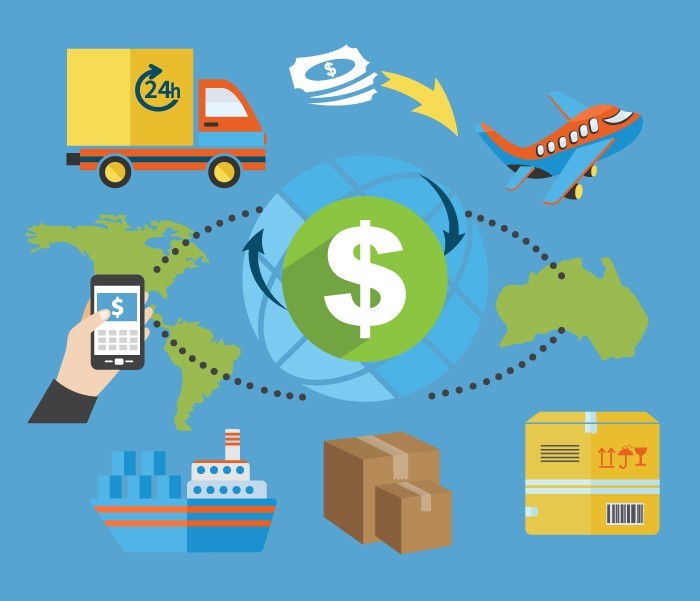- Finance
- Article
- 6 min. Read
- Last Updated: 08/12/2015
Fees, Tariffs and Sales Tax on Imports: What You Need to Know

Table of Contents
If managing state-to-state sales tax isn't detailed enough, the addition of sales tax on imports adds another layer of complexity to small business accounting. Small businesses may choose to import goods for a variety of reasons; for use as raw materials, to purchase specialty products for resale, or because an item is difficult to obtain in the United States. No matter the reason, if goods are imported for commercial purposes, businesses carry the responsibility for ensuring all items are properly declared to Customs and Border Protection and all related duties and taxes are paid.
Restrictions on imported goods
Prior to purchasing an item from a foreign manufacturer, check for related import restrictions. Issues may arise when the U.S. Government restricts trade with certain countries. Imported food items, especially cheese, milk, meat, egg, and poultry products, are also regulated. Some items may have annual quotas and once they're met, no further imports will be allowed. Finally, other items may be restricted, or limits per shipment may be set. When importing goods for the first time, companies should research limits and customs procedures to ensure all items are properly documented.
Sales tax on imports
Companies operating in a state that charges sales tax may need to comply with local regulations regarding imported goods. It is up to the small business to research local laws regarding sales tax. When or where sales tax is paid may depend on how imported items are used. For example, sales tax is generally not applied to items being used as raw materials. Items which will be resold in the same form may also be exempt from sales tax, as the final purchaser will be subject to this payment. Other imported goods classified as necessities, such as food and medicine, may also be exempt. The responsibility for obtaining an exemption falls on the purchaser, which is the small business.
Duty fees and taxes
Aside from sales tax on imports, a small business must be prepared to pay additional taxes, duties, and fees associated with each foreign shipment. Import duties and value-added taxes may be levied on specific items. Alcohol and tobacco products are subject to additional excise taxes. User fees, including merchandise processing fees or harbor maintenance fees, may also be assessed. Companies wishing to import large amounts of goods should take time to ensure they understand the customs process. Proper documentation is essential to avoiding delays in receiving a shipment. For example, the country of origin must be marked on items passing through the border as well as an invoice and pack list.
To ensure taxes are collected and properly remitted, a customs broker or customs lawyer can offer professional assistance, especially if importing will be an ongoing part of the business. Import fees paid should be tracked in an online accounting system for financial and tax reporting purposes.
Tags







